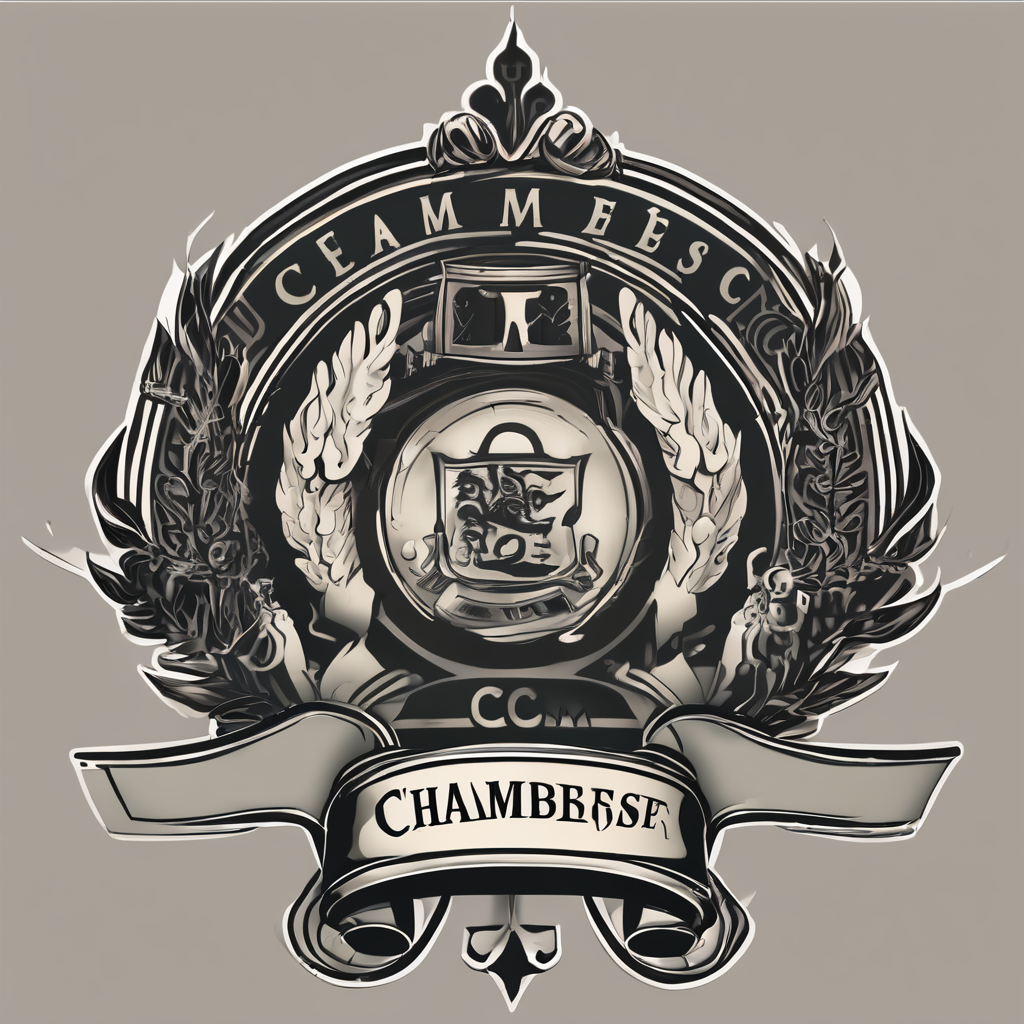Setting up a bespoke tailoring service in the UK involves more than just having a keen eye for fashion and a talent for creating exquisite clothing. To ensure your business thrives and avoids legal pitfalls, you must understand and comply with consumer protection laws. These regulations are designed to safeguard customer rights and uphold fair market practices. Here’s a comprehensive guide to setting up your UK-based bespoke tailoring service while adhering to consumer protection laws.
Understanding the Importance of a Business Plan
Before launching your bespoke tailoring service, you need a well-thought-out business plan. This plan will serve as your roadmap, guiding you through the initial setup and helping you navigate the complexities of running a business.
Also to see : What are the specific requirements for forming a UK-based organic wine import business?
A business plan should outline your target market, typical customer profile, marketing strategies, and financial projections. Identify your customer base and understand their preferences. For a bespoke tailoring service, your typical customer might be individuals seeking high-quality, custom-made clothing and businesses needing uniforms.
Conduct market research to gauge competition and determine what your competitors are offering. This will help you position your business uniquely in the market. Consider the running costs, including rent for your boutique, purchase of materials, wages for skilled tailors, and marketing expenses.
Additional reading : How to set up a UK-based drone photography business and comply with Civil Aviation Authority (CAA) regulations?
Your business plan should also address data protection and how you will handle customer information. This is crucial in building trust with your customers and ensuring compliance with data protection laws.
Complying with Consumer Protection Laws
Consumer protection laws are designed to safeguard customers’ rights and ensure fair trading practices. As a business owner, you must comply with these laws to build a reputable brand and avoid legal issues.
One key regulation is the Consumer Rights Act 2015, which outlines that all goods and services must be of satisfactory quality, fit for purpose, and as described. For your bespoke tailoring service, this means your products must meet the quality expectations of your customers and any descriptions you provide.
Ensure transparency in your pricing and give detailed information about your products and services. Misleading customers about the quality, origin, or price of your goods can lead to severe penalties under competition and consumer law.
Additionally, you must comply with the General Data Protection Regulation (GDPR), which mandates how you collect, store, and use customer data. Implement robust data protection measures to safeguard your customers’ personal information.
Ensuring Health and Safety Standards
Health and safety are paramount in any business, including a bespoke tailoring service. You need to create a safe working environment for your employees and customers.
Adhere to the Health and Safety at Work Act 1974, which requires you to ensure the health, safety, and welfare of your employees. Conduct regular risk assessments to identify potential hazards and implement measures to mitigate them.
Product safety is also crucial. Ensure that all materials used in your clothing are safe and non-toxic. Product safety regulations require you to provide clear labeling and instructions for any care or maintenance required for your clothing items.
Marketing Your Bespoke Tailoring Service
Effective marketing is essential to attract and retain customers. A strong online presence and leveraging social media platforms can help you reach a broader audience.
Create a professional website showcasing your products, services, and customer testimonials. Ensure your website complies with online consumer protection laws, including providing clear terms and conditions, a privacy policy, and an easy-to-navigate interface.
Use social media to engage with your customers and showcase your latest designs. Platforms like Instagram and Facebook are ideal for sharing visual content and building a community around your brand.
Additionally, consider local marketing strategies, such as collaborating with other businesses and participating in community events. This can help you build a loyal customer base and establish your brand in the local market.
Navigating Competition Law and Regulations
Understanding and navigating competition law is critical to running a successful bespoke tailoring business. The Competition and Markets Authority (CMA) enforces competition laws in the UK, ensuring fair practices and preventing anti-competitive behavior.
Avoid engaging in practices that could be construed as anti-competitive, such as price-fixing or colluding with competitors. The CMA actively monitors the market and takes strict action against businesses that violate competition laws.
Stay informed about any changes in legislation and ensure your business practices comply with the latest regulations. Regularly review your business practices and seek legal advice if needed to ensure compliance.
Setting up a UK-based bespoke tailoring service requires more than just tailoring skills. A comprehensive business plan, adherence to consumer protection laws, and effective marketing strategies are essential for success. Ensure your business complies with consumer protection, data protection, health and safety, and competition laws to build a reputable and thriving bespoke tailoring service. By prioritizing customer rights and creating a safe, transparent, and fair business environment, you can establish a successful and sustainable bespoke tailoring service in the UK.
<|vq_11835|>






